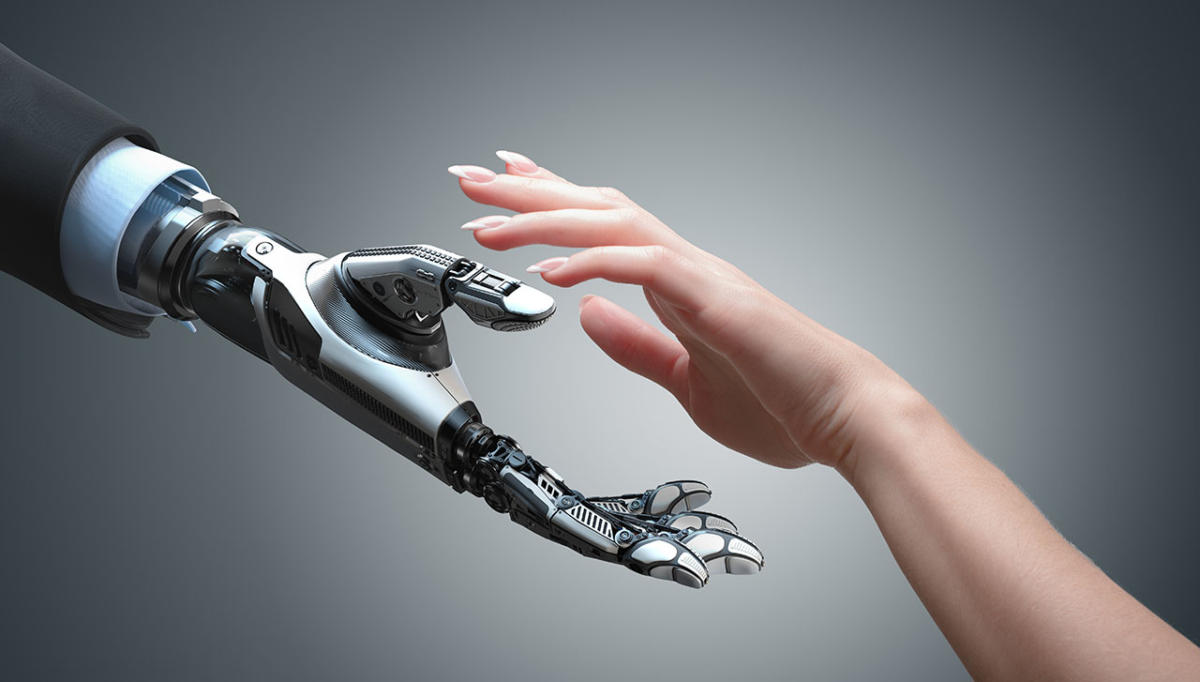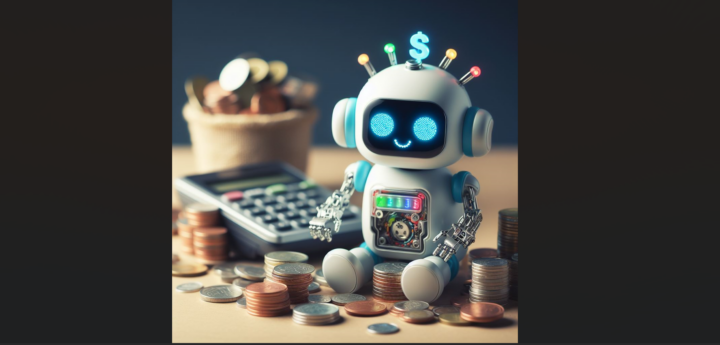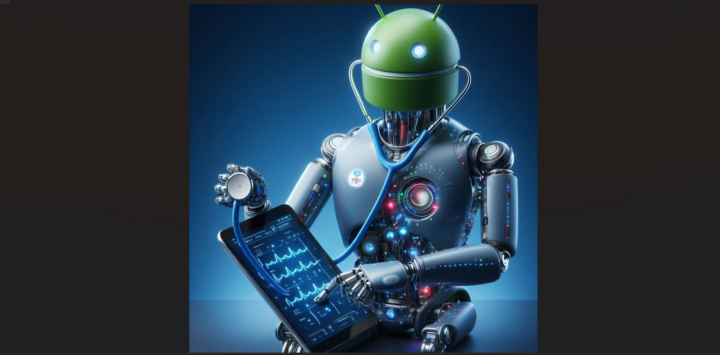Artificial Intelligence (AI) has become a buzzword in recent years, with many touting it as a game-changer in almost every sector of society. From healthcare and education to finance and transportation, AI has shown immense potential to improve and transform our lives. However, with such great power comes great responsibility. We must also address the challenges and potential risks that AI presents to our society.
One of the most significant challenges with AI is the potential impact on employment. As AI becomes more advanced, it has the potential to replace many human workers, particularly those in repetitive and low-skilled jobs. This could lead to significant job loss and inequality, particularly for those who are already vulnerable. However, it’s important to note that AI can also create new jobs and opportunities, particularly in fields such as data analysis, programming, and engineering.
Read more: Detecting AI-generated text: Unlocking the truth
Another challenge with AI is the potential for bias and discrimination. AI systems are only as unbiased as the data they are trained on. If the data used to train AI models contains bias, the AI system will also be biased. This could lead to discrimination against certain groups of people, such as minorities or women, in areas such as hiring, lending, and criminal justice. It’s critical that we develop AI systems that are transparent and accountable, and that we ensure diversity and inclusivity in the teams that develop and deploy these systems.
AI also raises significant ethical concerns, particularly around privacy and security. AI systems are capable of collecting and analyzing vast amounts of data, raising concerns around data privacy and security. It’s critical that we develop policies and regulations to ensure that data is collected and used ethically and with consent, and that it’s protected from cyberattacks and other security threats.
To realize the full potential of AI and address its challenges, it’s critical that we collaborate across disciplines and sectors
Despite these challenges, AI also presents many opportunities for society. For example, AI has the potential to revolutionize healthcare, enabling earlier and more accurate diagnosis of diseases and more effective treatments. It can also improve transportation, making it safer and more efficient, and reducing traffic congestion and emissions. In education, AI can personalize learning experiences, making education more accessible and effective for all learners. In finance, AI can help detect fraud and manage risk, making financial services more secure and reliable.
To realize the full potential of AI and address its challenges, it’s critical that we collaborate across disciplines and sectors. This includes involving diverse stakeholders in the development and deployment of AI systems, including policymakers, industry leaders, academic researchers, and civil society organizations. It also means investing in education and research to build the necessary technical and ethical expertise to develop and deploy AI systems responsibly.
Read more: Streamlining GPT Automation: A guide to building your own project builder
In conclusion, AI has the potential to revolutionize our society, transforming how we live and work. However, we must also address the challenges and potential risks that AI presents to our society. By collaborating across disciplines and sectors, investing in education and research, and developing transparent and accountable AI systems, we can ensure that AI is a force for good in our society, improving our lives and addressing the most pressing challenges we face.

Guest contributor Sunil Chahal is the Director of Technology Delivery in Concepts Information Technology Inc. Any opinions expressed in this article are strictly that of the author.












